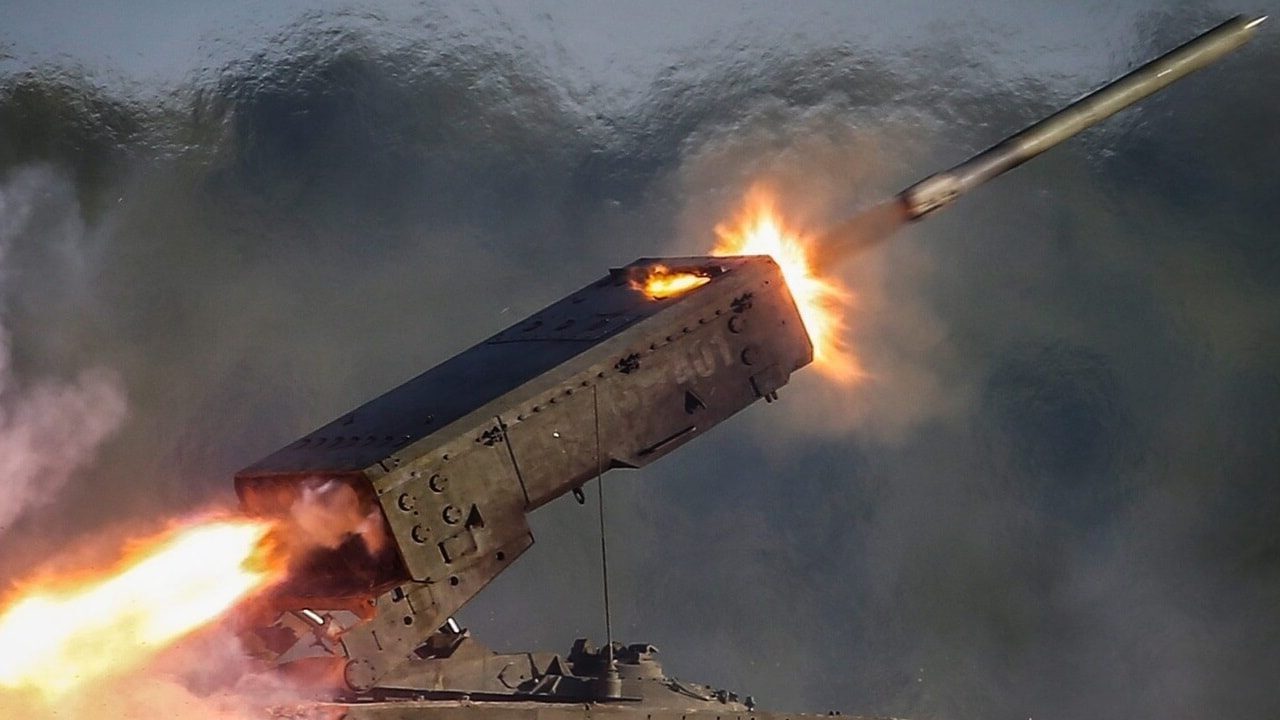The U.S. and NATO have failed to deter Russian President Vladimir Putin’s invasion of Ukraine, force his withdrawal, and stop his aggression against the West.
Other adversaries are also testing our resolve. Most notable among them is China. Beijing poses a formidable threat to the United States, given our economic dependence on Chinese raw materials and the high technology that underpins our industrial base and military capabilities.
Our failure to counter Putin could tempt China to invade Taiwan, a major source of the electronic technology essential to U.S. industry. Rogue states also continue to improve their abilities to threaten the United States. North Korea and Iran already pose existential threats to us due to the chance they could launch a high-altitude electromagnetic pulse attack, which is in their military doctrines. Thus, it is of immense importance to lead the Western effort to thwart Russia in Ukraine: Washington must show its adversaries that aggression will not be worth the cost.
Knowing ourselves
Sun Tzu wrote the following in The Art of War:
“If you know the enemy and know yourself, you need not fear the result of a hundred battles. If you know yourself but not the enemy, for every victory gained you will suffer a defeat. If you know neither the enemy or yourself, you will succumb in every battle.”
So, how can we “know the enemy,” and what must we know about ourselves in order to encourage Putin to change his calculations? What might make him decide to cease his operations in Ukraine, and how can we remove the coercive effect of his threats of nuclear war? Meanwhile, how do we strengthen the U.S. and NATO so that we might better confront all growing threats?
Deterring Putin is about denying his ambitions. We must make Putin understand that we can and will thwart his goal to destroy Ukraine’s national existence. Therefore, we must continue to supply Ukraine with military arms. Perhaps more importantly, Putin must understand that we can prevent Russia from reasserting a role as a global superpower.
In order to follow Sun Tzu’s mandate that we know ourselves, we must face the reality that our strategic deterrent is not optimally suited for contemporary threats. Major improvements to policy and strategic capability are imperative.
Above all, we must rectify our vulnerability to the ballistic missile attacks posed by a number of nations that can overcome our current ballistic missile defense, or BMD, systems. The U.S. vulnerability to Russian missiles leaves the threat of retaliation as our primary deterrent to Russia’s nuclear capabilities.
The vulnerability of our NATO allies also undermines our will to confront Putin, even in the case of a limited nuclear attack in Ukraine. The fear of escalation limits our consideration of ways to enact even our basic objective of denying Putin’s conventional threats.
What could have been
We did not have to be in this situation. Former President Ronald Reagan’s Strategic Defense Initiative, or SDI, paved the way for us to create BMD systems that would still be effective today. But the Clinton administration rejected the approach. It dismantled Strategic Defense. That administration chose to stick with the Cold War-era notion of Mutually Assured Destruction as the cornerstone of strategic stability, while building only limited BMD capabilities aimed at deterring smaller adversaries such as Iran or North Korea.
Every administration since 1992 has rejected efforts to revive those capabilities, which our adversaries now actively pursue. We have spent far more money on much less capable BMD systems than those we could have long ago deployed into space. In addition, we are now playing catch-up on other technology pioneered by the SDI, such as hypersonic missiles.
Given these disadvantages, we look to unverifiable arms control agreements to protect not only against Putin’s initiatives, but also against efforts by other adversaries – especially China.
We reject this view – just as we did 35 years ago, when we successfully worked to persuade Congress to drop the so-called Tsongas Amendment from a defense bill. The amendment demanded that we negotiate with the Soviet Union a ban on anti-satellite systems, or ASAT, that would not have been verifiable.
Despite the provision being dropped, the United States has since unilaterally limited ASAT testing, and we are now seeing others demonstrate the capability. (It should be noted that many BMD systems have an inherent ASAT capability, illustrating the verification problem.)
We must reject the idea that arms control will answer all of our current problems. While diplomacy must be an important component of our national security efforts, there is no substitute for a sound strategy of peace through strength.
Regrettably, our situation leaves us with no clear alternative to Mutually Assured Destruction while we restore military capabilities that have atrophied for decades. Our current defense budget does not adequately support its replacement. We should seek renovation and innovation across all of our military capabilities, offensive and defensive.
Some compare the current circumstance to the 1961 Cuban Missile Crisis. It seems even more threatening to us, especially since Putin’s threats are further enabled by his alliances with the likes of China and Iran, neither of which are natural Russian allies.
The United States must adapt its strategic deterrent to fit the circumstances. Washington must invest in cutting-edge technologies to properly defend the United States and our allies, and we must refuse to be constrained by treaties that our adversaries exploit to their benefit.
Henry F. Cooper was President Ronald Reagan’s Ambassador and Chief Defense and Space Negotiator with the Soviet Union and SDI Director in the George. H.W. Bush administration. Paula A. DeSutter was Assistant Secretary of State for Verification and Compliance in the George W. Bush administration.

